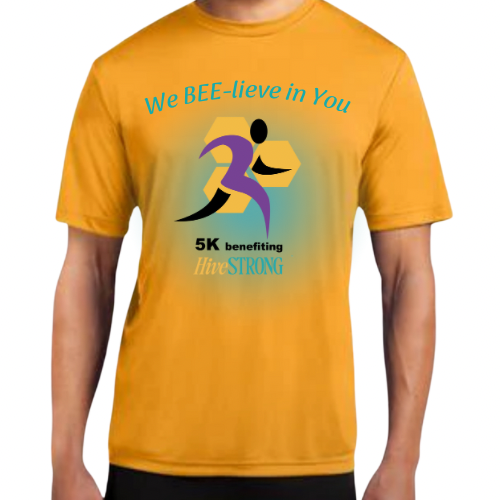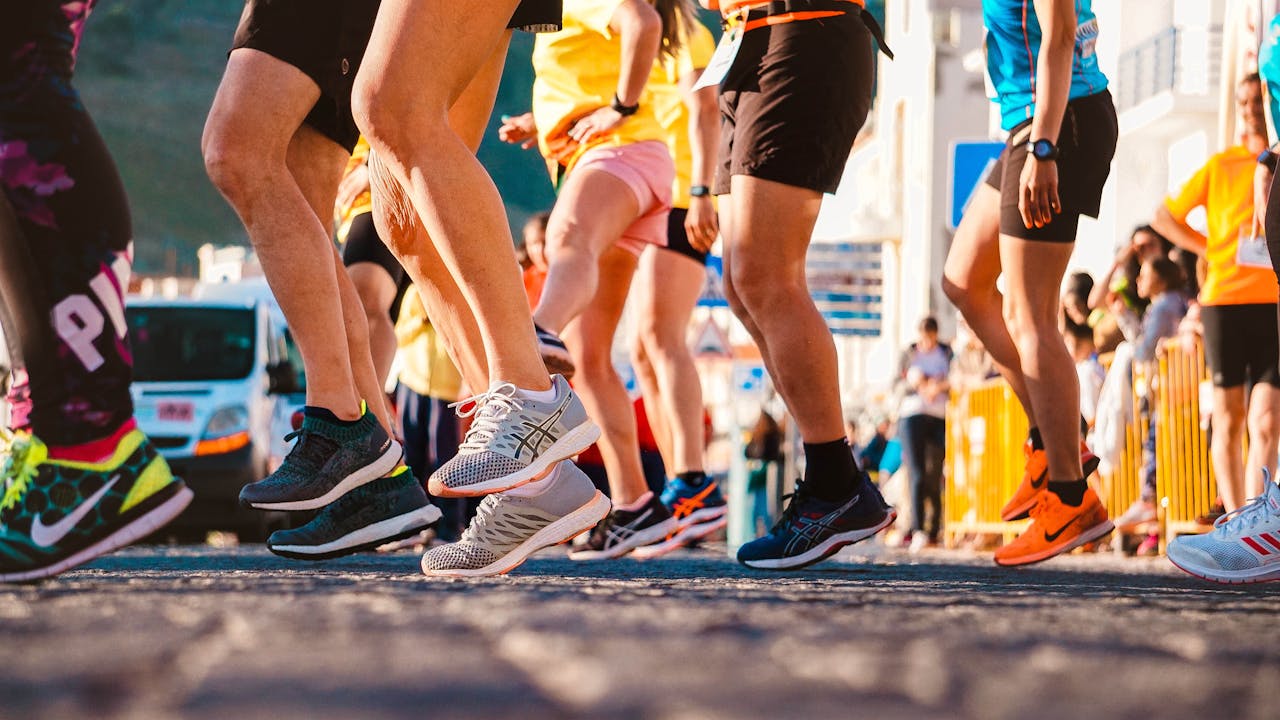'Why didn't she leave?' The complicated truth about victims and their abusers | Opinion
It's always the question people have. It's a natural one to ask. We all want to believe in our own autonomy.
When disturbing surveillance footage recently emerged of music mogul Sean "Diddy" Combs violently attacking singer Cassie Ventura in a hotel hallway, a familiar question ricocheted through the public consciousness: Why did she stay?
It's always the question people have. It's a natural one to ask. We all want to believe in our own autonomy. It's a fundamental narrative, central to our core identity of manifesting our own destiny through our actions. But beneath the question often lies an assumption: The person had full freedom and agency, and simply didn't use it.
As a domestic violence survivor and the CEO of HiveSTRONG — a community providing wrap-around support and career pathways for survivors — I know the truth is far more complicated. On average, a victim of intimate partner violence tries to leave seven times before successfully escaping. That’s not a lack of willpower. It’s the result of deep, neurobiological chains that bind victims to their abusers.
The allegations against Diddy have pulled back the curtain on a form of abuse as insidious as it is misunderstood: coercive control, a sustained pattern of manipulation, isolation and psychological domination. Understanding the neuroscience behind coercive control and the formation of trauma bonds illuminates why breaking free can feel almost impossible.
Coercive control takes over a person's body and mind in ways that are hard to see from the outside. When someone is stuck in a cycle of fear, threats and unpredictability, their nervous system goes into overdrive. The brain becomes flooded with stress hormones like cortisol, making it harder to think clearly or make decisions that feel safe, even rewiring the brain over time. Instead of focusing on what's best for them, the person becomes laser-focused on how to avoid the next outburst, how to survive from one moment to the next. It's not weakness. It's biology.
Layered into that is something called trauma bonding. It happens through "intermittent reinforcement," a cycle in which abuse is punctuated by periods of affection, apology or even euphoria. These fleeting moments release dopamine and oxytocin, neurochemicals that fuel trust and attachment. The abuser becomes both the source of fear and the only perceived path to relief.
This is why leaving can feel like withdrawal. Victims may experience panic, confusion and even physical symptoms. The abuser, now their primary source of perceived safety and validation, often becomes the only thing that feels familiar. When victims are also isolated from family, friends or support systems, the dependency only deepens.
This neurological loop doesn't just play out in intimate relationships. It can take shape in high-control groups, professional settings or so-called "spiritual" gatherings where charismatic leaders manipulate followers. The fear of social exclusion, the desire for acceptance and the intermittent positive reinforcement of being included can create similar bonds. The mechanisms are the same: intermittent reward, emotional dependency, fear of rejection and the slow erosion of self-trust.
Cassie Ventura's courage in speaking out has opened the door for others. But survivors shouldn't have to relive their trauma in public just to be believed. We need to stop asking, "Why didn't she leave?" and start asking, "What systems made it so hard for her to go?"
Understanding the science behind abuse helps us shift blame away from survivors and toward the perpetrators, and the cultures that enable them.
There is a way forward. Just as trauma can rewire the brain, so can healing — through safety, connection and community. I’ve lived that transformation myself. I’ve seen what’s possible when people are met not with judgment, but with support and opportunity.
But it starts with listening. It starts with believing. And it starts with understanding that staying wasn’t weakness. It was survival.
Rachael Kelly is a survivor and CEO of HiveSTRONG, a nonprofit that provides financial, legal and mental health support to help survivors of domestic violence and human trafficking leave their abusive situations. She lives in Texas.
Help is here
If you are in immediate danger, call 911.
Victims can receive support from the National Domestic Violence Hotline at 1-800-799-SAFE (7233); TTY: 1-800-787-3224; chat online at thehotline.org; or text: "START" to 88788. The hotline provides 24/7 confidential support, crisis intervention, safety planning and referrals to local resources.




